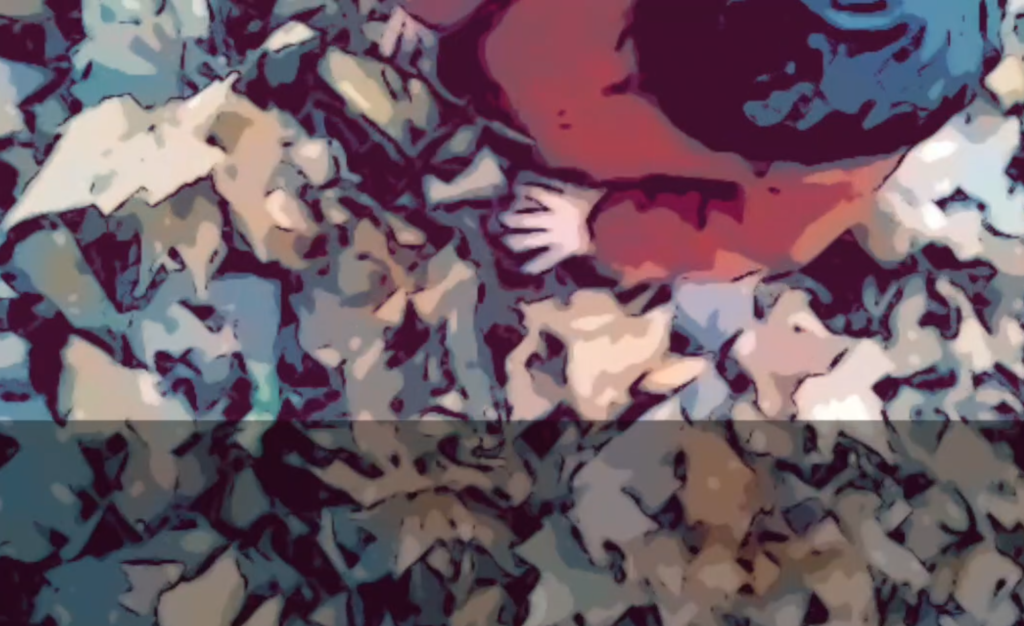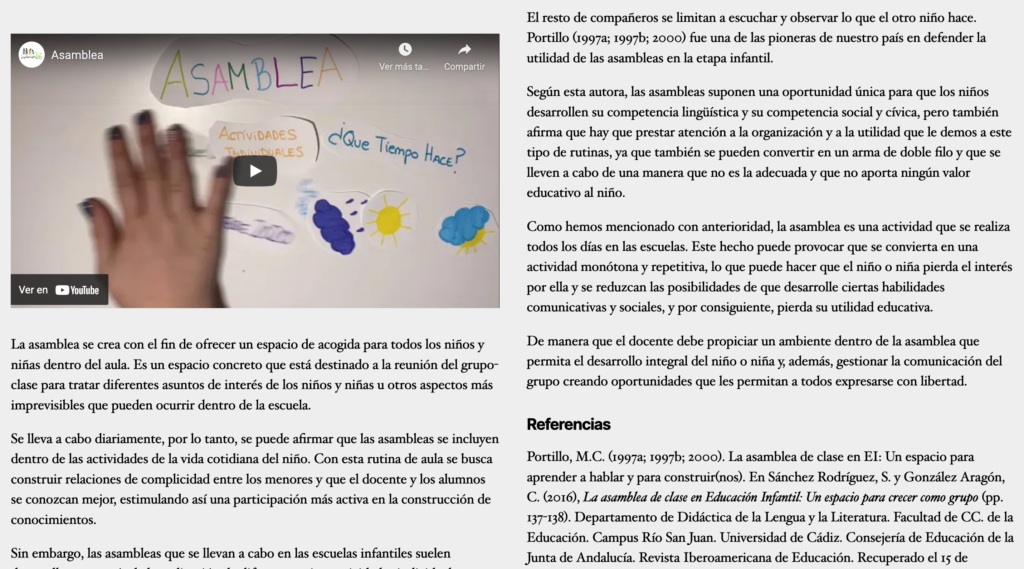Eco-inclusive education We aim to conduct a research committed to social justice that we understand inherent from ecological justice. Therefore, we are interested in promoting research aligned with the ecosystem transition that our world needs. This urges us to investigate the ecosocial dilemmas in education. As well as the teaching of democracy and participation or how to make visible, denounce and contain the increasly inequality. This epistemological position is what we have called Ecoinclusive Research.
Ecosocial bond
We took part in the project “Ecosocial bond” promoted by FUHEM and collaborating with other eight entities (Fundación SM, Ajuntament de Sant Cugat, Ayuntamiento de Rivas Vaciamadrid, Teachers for Future, Ecotono, L’Ortiga, MEL.Educació Ambiental, La Politja).
This project is entitled Ecosocial transformation in educational centers and communities. Social innovation in educational ecosystem transitions within the framework of the 2030 Agenda and Several. And several actions are planned throughout the project: The elaboration of a self-diagnostic tool on their performance in ecosocial education for schools and classrooms, training and advice to educational centers on their ecosocial project, the promotion of a network of exchange between centers, the creation of learning situations with an ecosystem perspective and the creation of some audiovisual pieces useful for the practice of ecosocial education in the centers.
To follow the progress of the project you can consult this newsletter (Vínculo Ecosocial. Proyecto educativo. (fuhem.es) to be published periodically.In this first we present the first of audiovisual materials where, by the hand of Luis González Reyes, we summarize what means to educate following the ecosocial perspective and the profound change it entails in each of the curricular decisions. We encourage you to see it and spread it! We also let you know the first learning situations.


Ecoinclusive spaces
Title: Transnational analysis of educational spaces with an eco-inclusive approach: exchange of virtual
postcards between students of the Bachelor of Education of the University of Cantabria and the
University of Catania (EUNICE).
The objective of this innovation project was to critically analyze the school spaces and children’s spaces of the city from an eco-inclusive perspective with the students of Bachelor of Education of the University of Cantabria and the University of Catania (EUNICE). To do so, students from the University of Cantabria and the University of Catania shared visual information (photographs, videos, etc.) about their practice schools (playgrounds) and/or their city (squares and playgrounds), analyzed from an eco-inclusive perspective. This analysis took the form of a virtual postcard.
Results: This project seeks to promote a collaborative network between the University of Cantabria (Spain) and the University of Catania (Italy), both belonging to the European University for Customised Education Network (EUNICE). The postcards of both venues were hosted on the web, allowing the exchange between students of both centers.
Dictionary
Title: Transnational analysis of educational spaces with an eco-inclusive approach: exchange of virtual postcards between students of the Bachelor of Education of the University of Cantabria and the University of Catania (EUNICE). The objective of this innovation project was to critically analyze the school spaces and children’s spaces of the city from an eco-inclusive perspective with the students of Bachelor of Education of the University of Cantabria and the University of Catania (EUNICE). To do so, students from the University of Cantabria and the University of Catania shared visual information (photographs, videos, etc.) about their practice schools (playgrounds) and/or their city (squares and playgrounds), analyzed from an eco-inclusive perspective. This analysis took the form of a virtual postcard.
Description: This internationalization project proposes the joint elaboration by students of the Education degrees of the University of Cantabria and the Università degli studi di Padova, of an international dictionary on pedagogical concepts. This project represented an opportunity to promote the presence of students in the generation and management of pedagogical knowledge where they are configured as co-creators of curricular contents. Likewise, the virtuality of this dictionary has to do with its transnational and comparative character, as well as with the generation of materials shared between the involved headquarters, which enables the integration of content in our subjects that promote the international approach.
Results: This project seeks to promote a collaborative network between the University of Cantabria (Spain) and the University of Catania (Italy), both belonging to the European University for Customised Education Network (EUNICE). The postcards of both venues were hosted on the web, allowing the exchange between students of both centers.
